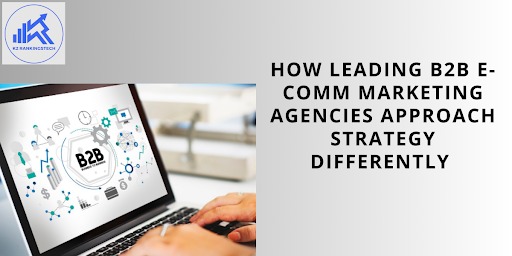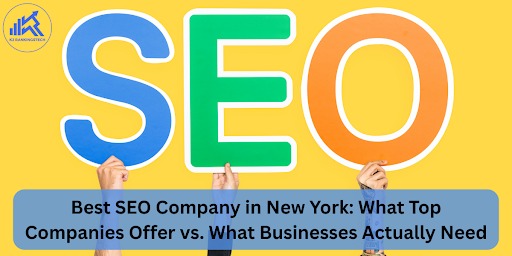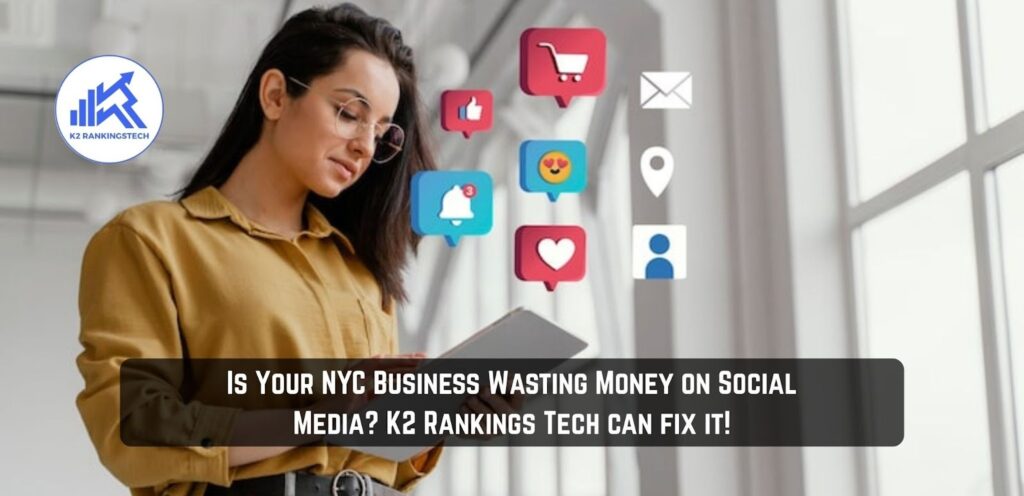How leading B2B E-comm Marketing Agencies Approach Strategy Differently
B2B e-commerce growth demands more than generic marketing tactics. With long sales cycles, complex buyer journeys, and high-value decisions, businesses need agencies that think beyond traffic and rankings. This blog...
Read More





